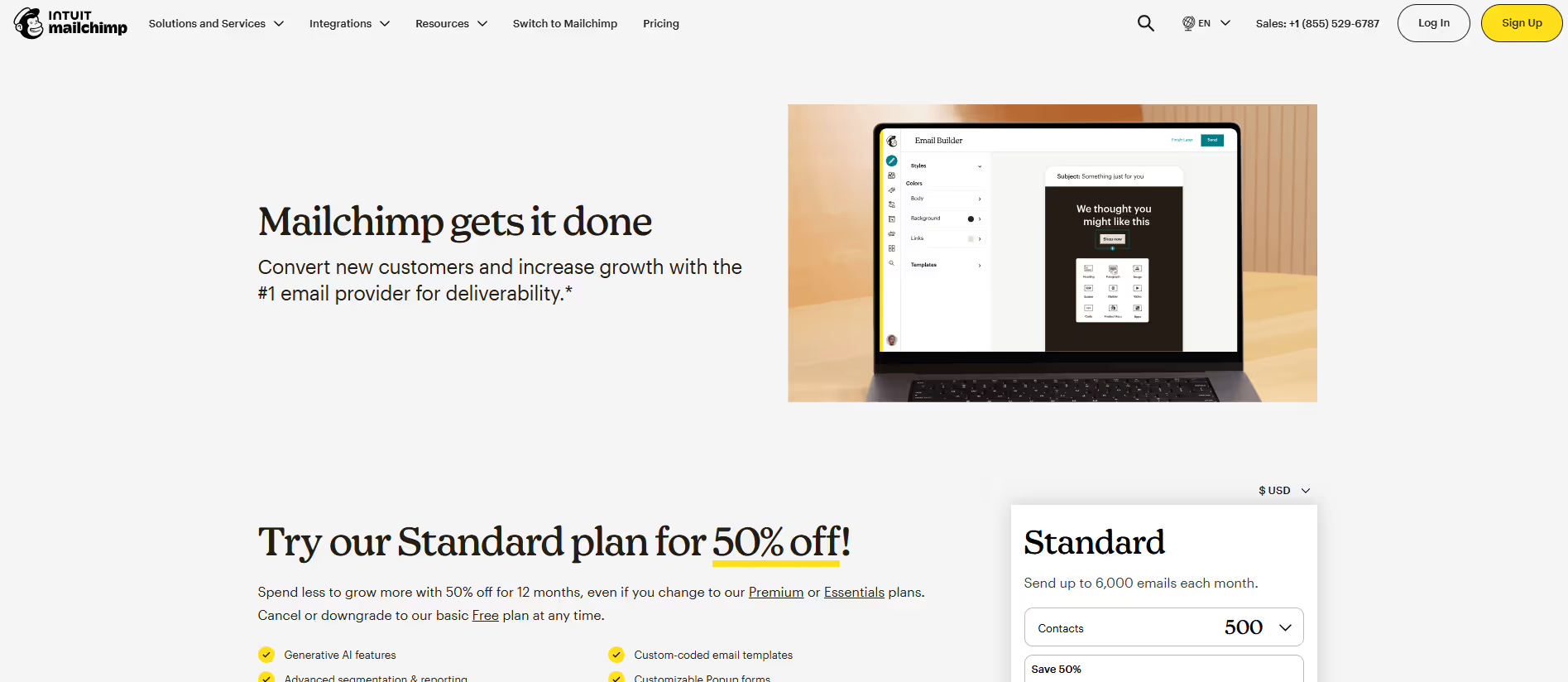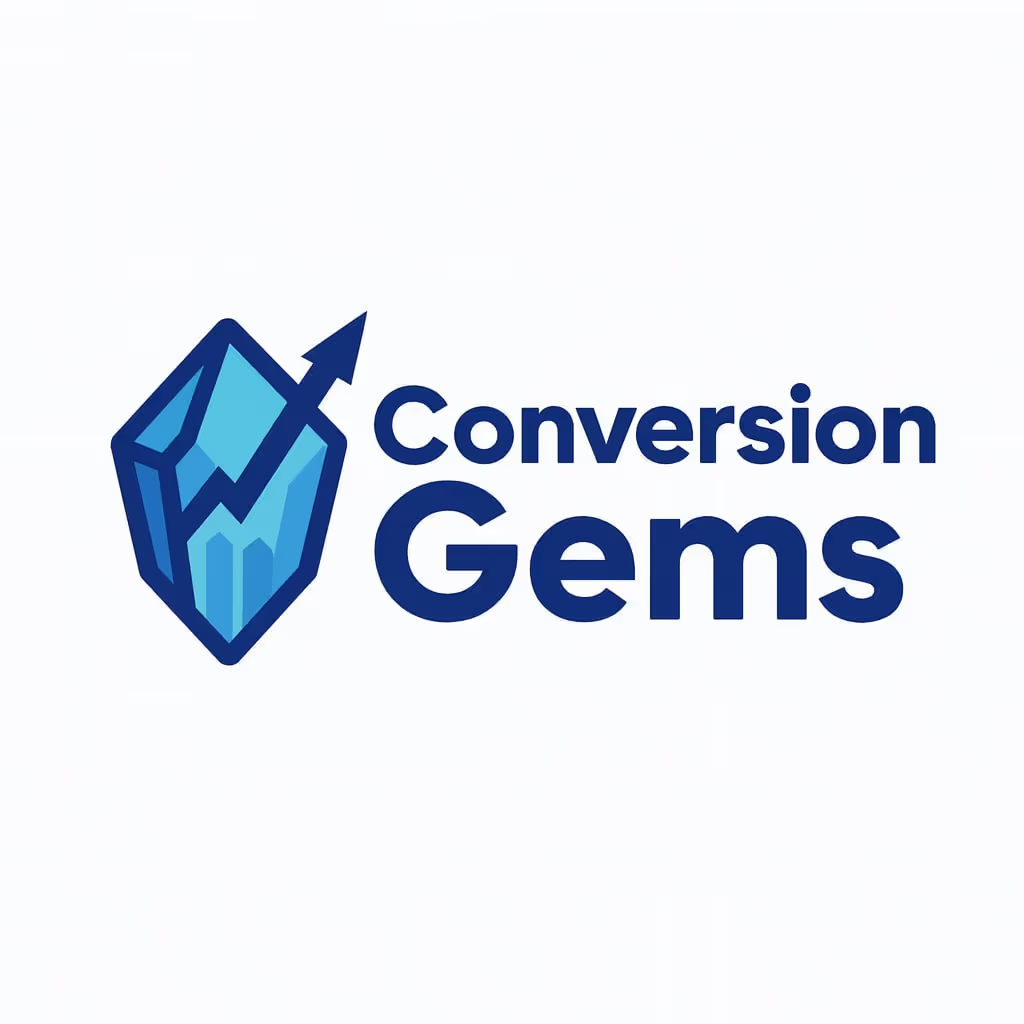MailChimp
Description
Key Applications
- Email Marketing: Crafting and sending newsletters, promotional emails, and transactional emails.
- Marketing Automation: Setting up automated email sequences for welcome series, abandoned carts, or re-engagement.
- Audience Management: Organizing, segmenting, and growing subscriber lists with opt-in forms and CRM integrations.
- Landing Page Creation: Designing and publishing targeted landing pages to capture leads and promote offers.
- E-commerce Integrations: Connecting with online stores (e.g., Shopify, WooCommerce) to drive sales and customer retention.
Who It’s For
Pros & Cons
How It Compares
- Versus Constant Contact: Mailchimp generally offers a more extensive free plan and slightly more advanced automation capabilities, especially for e-commerce, while Constant Contact is often praised for its excellent customer support and ease of use for absolute beginners.
- Versus HubSpot Marketing Hub: Mailchimp is typically more cost-effective for email-centric marketing. HubSpot Marketing Hub offers a much broader, integrated CRM and marketing automation ecosystem, making it more suitable for larger businesses requiring advanced sales alignment and complex automation across many channels.
Bullet Point Features
- Drag-and-drop email builder Audience segmentation and tagging Marketing automation (customer journeys).
- Landing page builder Website builder Social media posting and ads A/B testing for campaigns.
- Detailed analytics and reporting E-commerce integrations Transactional emails via Mailchimp Transactional
Frequently Asked Questions
Find quick answers about this tool’s features, usage ,Compares, and support to get started with confidence.

Mailchimp is a comprehensive email marketing and marketing automation platform that helps businesses create, send, and optimize email campaigns. It is designed to support audience engagement, lead generation, and business growth across industries.

Mailchimp provides drag-and-drop email builders, pre-designed templates, automation workflows, and audience segmentation tools. Users can create professional email campaigns, schedule them, and monitor performance without needing technical skills.

Mailchimp includes email campaigns, automation workflows, audience segmentation, analytics and reporting, landing page builder, social media tools, and integrations with e-commerce and marketing platforms. These features help businesses manage marketing campaigns efficiently and increase engagement.

Yes, Mailchimp is beginner-friendly. Its intuitive interface, guided tutorials, and ready-made templates make it easy for users with little or no marketing experience to start sending professional campaigns quickly.

Mailchimp is ideal for small businesses, startups, marketers, bloggers, and e-commerce brands. Users can expect enhanced audience engagement, improved email campaign performance, simplified marketing management, actionable insights, and seamless integration with other tools, helping them grow their business effectively.





.avif)




